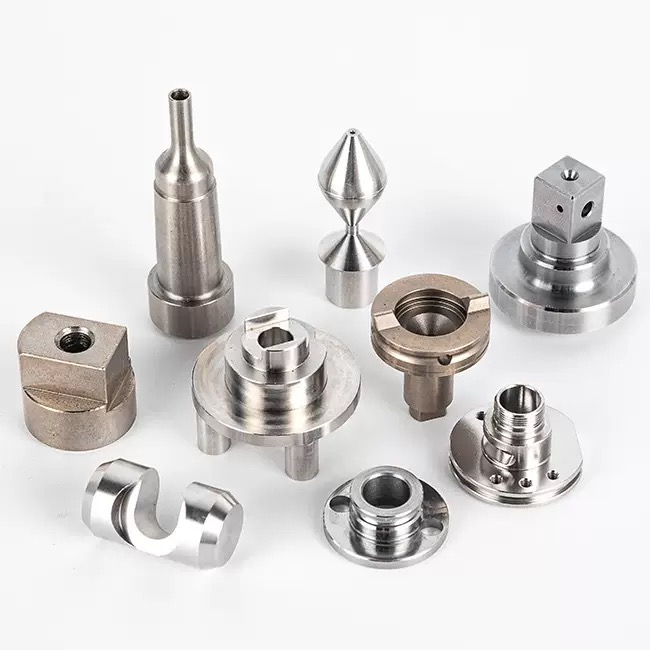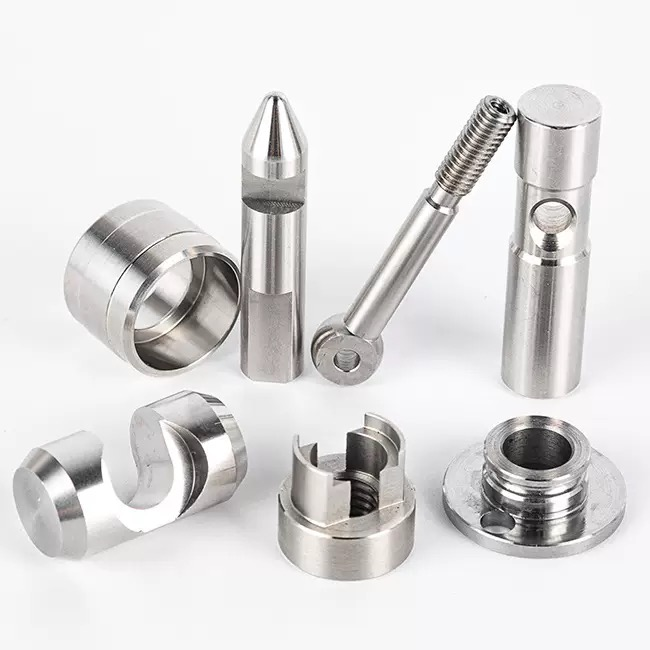Talking About CNC Precision Machining
2025-08-20
From aerospace to medical devices, CNC precision machining is driving innovation, transforming complex designs into solid, high-quality parts with unparalleled precision. It represents not only a technological advancement but also a fundamental shift in manufacturing, emphasizing the critical role of accuracy, efficiency, and repeatability in the industrial sector.
What is CNC precision machining?
CNC precision machining is a sophisticated manufacturing process that distinguishes itself from standard machining by its exceptional ability to produce parts with exceptional precision. At its core, CNC precision machining utilizes computer numerical control (CNC) systems to guide cutting tools and machinery with unparalleled accuracy, thereby achieving the tight tolerances critical to the production of complex and delicate parts.
Unlike traditional machining methods that rely heavily on manual labor and are therefore more prone to human error, precision CNC machining leverages advanced technology to ensure the highest precision with every cut, drill, or mill. This level of accuracy is crucial in industry, as even slight deviations from specified dimensions can result in serious operational failures. By maintaining such tight tolerances, CNC precision machining not only enhances the functionality and reliability of manufactured parts, but also significantly reduces waste and improves production efficiency, marking a significant advancement in the capabilities of modern manufacturing.

The significance of CNC precision machining goes far beyond its technological capabilities; it underscores the evolution of manufacturing processes, where accuracy, efficiency, and repeatability are paramount. From aerospace components requiring precise specifications to medical devices demanding extreme precision, CNC precision componenets plays a key role in driving innovation and excellence in the manufacturing industry.
CNC precision machining is a cornerstone of modern manufacturing, capable of producing high precision turning parts essential for a wide range of applications across a wide range of industries. This advanced manufacturing process utilizes computer numerically controlled (CNC) machine tools to achieve unparalleled accuracy and adhere to the exacting tolerances that are often crucial to the functionality and reliability of machined parts.
By leveraging the power of computer-aided design and manufacturing, this process ensures the precise production of even the most complex geometries, making it an indispensable tool in the modern industrial landscape.

Types of Precision CNC Machine Tools
In the field of precision manufacturing, a range of advanced CNC machine tools play a vital role in producing parts of unparalleled precision and complexity. Among them, the following are worth mentioning:
CNC milling machines,
CNC lathes,
CNC grinders/sanders,
CNC milling machines, characterized by their dynamically rotating cutting tools, excel at performing complex milling operations, carving intricate geometries into workpieces. Their multi-axis motion capabilities enable the production of parts with complex shapes and features, making them indispensable tools for high precision and versatile tasks.
CNC lathes, on the other hand, are another cornerstone of precision machining, specialized for machining cylindrical parts. By rotating the workpiece relative to a stationary cutting tool, CNC lathes achieve high accuracy and a high finish, making them ideal for manufacturing symmetrical parts such as shafts(https://www.nuotemetal.com/steel-knurled-shaft-and-pins.html), rods, and bushings. The accuracy and speed of CNC lathes make them the preferred solution for industries requiring high-volume production of round or tubular parts.
These machines together form the backbone of CNC precision machining service, each performing specialized functions to achieve the overall goal of producing high-precision, complex parts.



